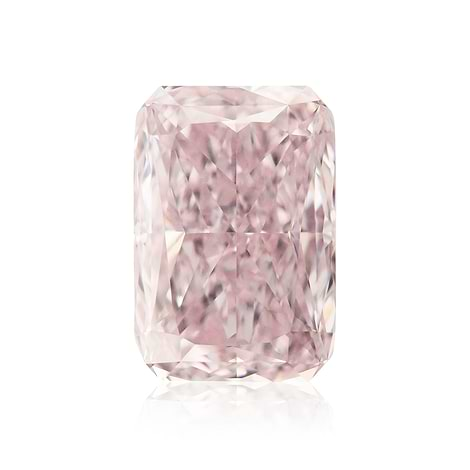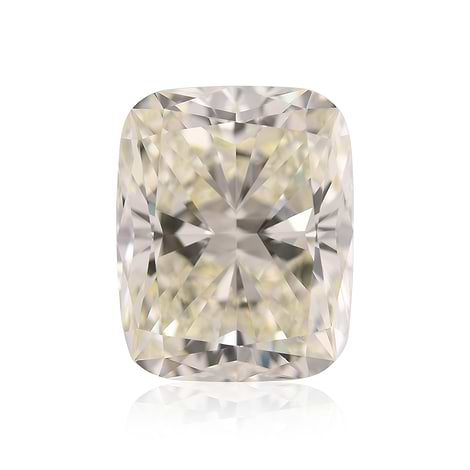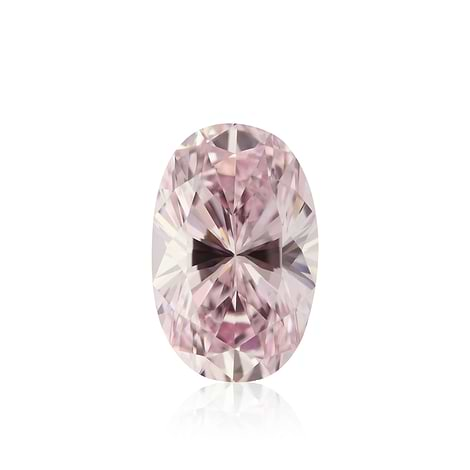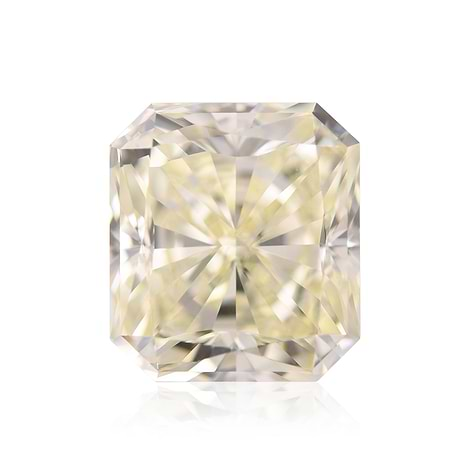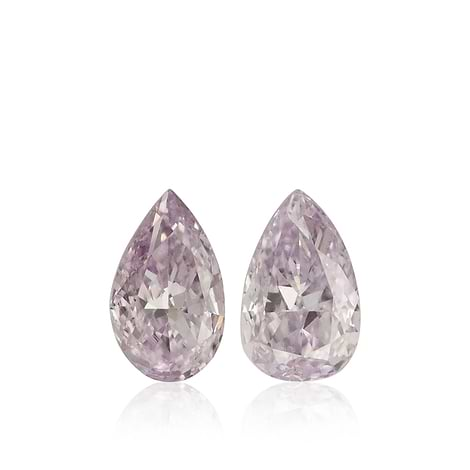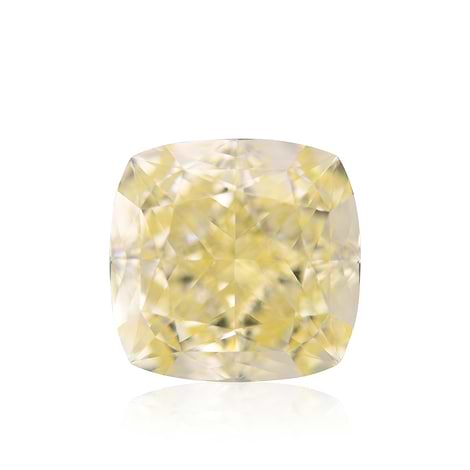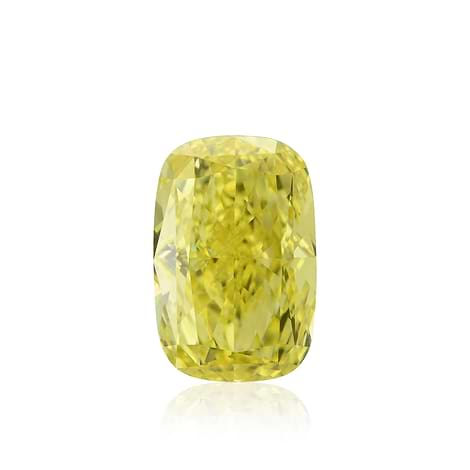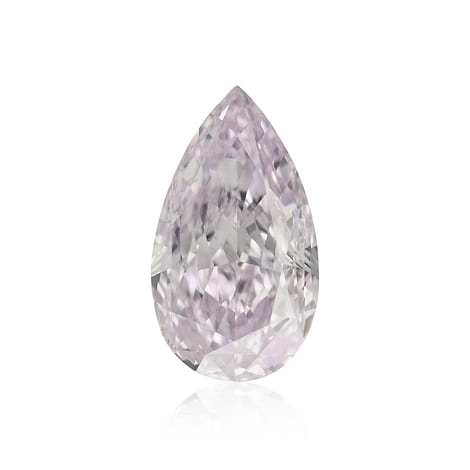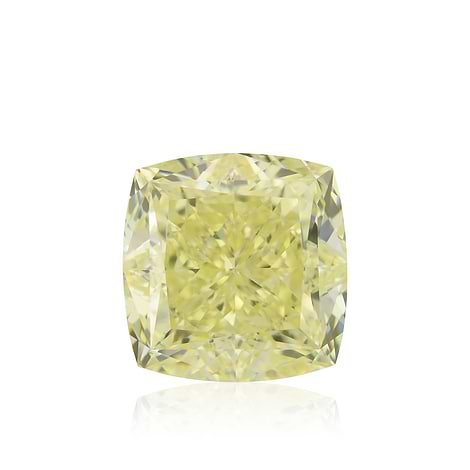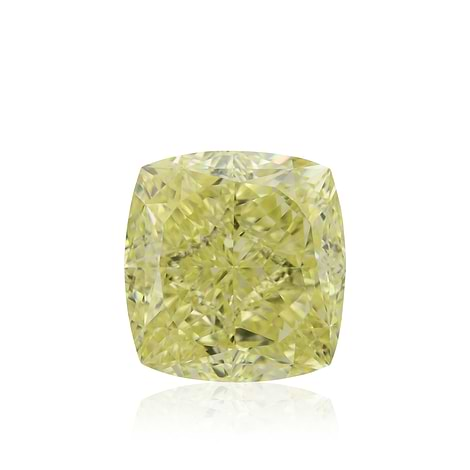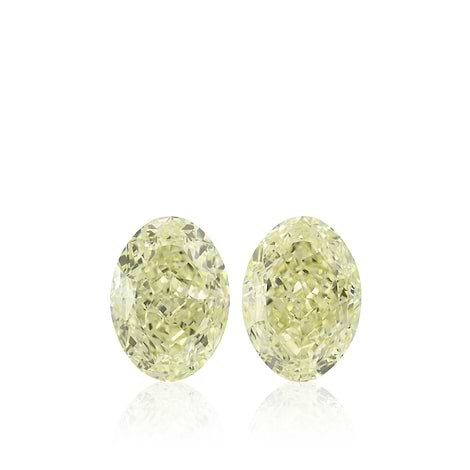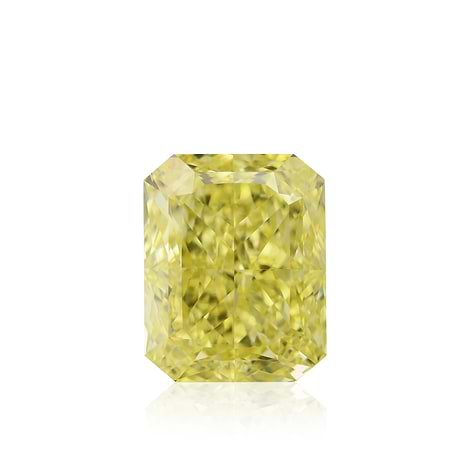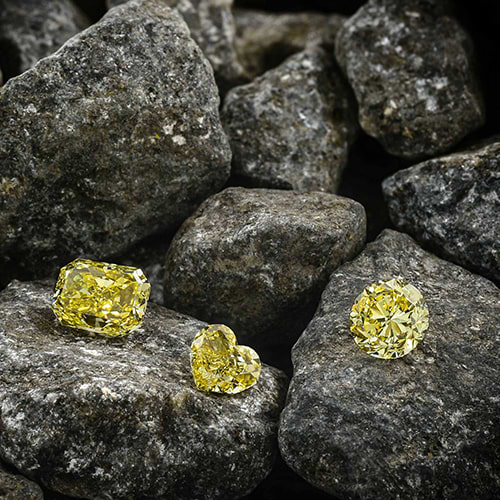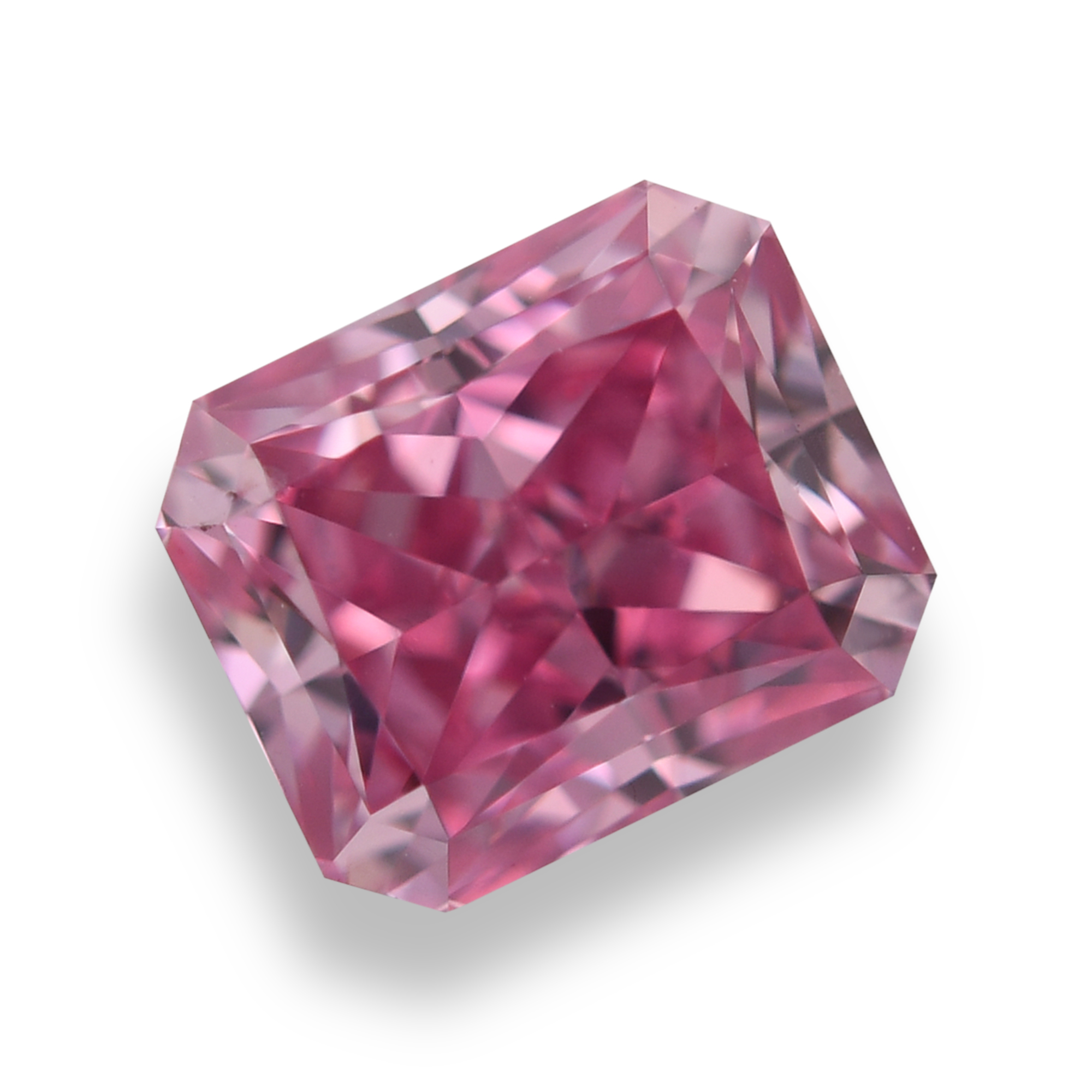A diamond is usually the most costly jewelry purchase by an individual. It is common that there is much anticipation surrounding this purchase for varying reasons – the reason for the acquisition, buying something about which you have limited knowledge, the cost involved, and the potential fraudsters waiting to exchange your hard earned cash for a worthless bauble.
There are two general rules of thumb when procuring anything, let alone anything major. They are as follows:
1. Knowledge is power – DO YOUR HOMEWORK; and
2. “If something sounds too good to be true, it probably is.”
Although you do not need to be a diamond expert to purchase a diamond, a little background knowledge never goes astray. Basic knowledge is easily attained from numerous sites on the Internet. As you learn more about this fascinating subject, you will also come across a range of prices for the type of stone you seek. Obviously, if you find a vendor selling the stone you seek for a much lower price than any other vendor, the alarm bells in your head should start to ring pretty loudly. A little common sense can save much aggravation.
It is also worth noting that most diamond vendors are not unscrupulous. They want to make a living just like everyone else, however most realize that a satisfied customer is worth their weight in gold… or diamonds. Notwithstanding this to be the case, there are dishonest dealers. The intent of this article is to attempt to provide you with some of the tools that will make your diamond buying experience a memorable one for all the right reasons.
A diamond is going to be purchased in one of two ways – online from an Internet vendor or in person from a bricks and mortar dealer. Some bricks and mortar dealers also operate online. A fraudulent dealer will vary his perfidious tactics depending on whether he sells online or in person. Some scams may be common to both types of vendor.
The types of scams are almost endless as the human propensity for deception, especially when large sums of money are involved, is almost infinite. The following is a list of methods that unethical dealers may use to rip you off: the Carat Weight Total scam, lowballing whilst making appraisals, ‘fluorescence’ scams, fraction rounding scams, stone switching, general misrepresentation, fake diamonds such as zircons, clarity treated diamonds, altered certificates, special lighting, bait and switch, high list prices, rapacious refund policies, and color coating. This list is by no means comprehensive.
In these types of scam, the buyer ends up with a stone – just not what they thought they were buying. Consequently, this is a type of fraud that preys on the ignorance of the buyer.
The second type of fraud is almost always connected to online sales. It involves the vendor receiving your money and not delivering a stone at all – this is complete fraud.
Both types of fraud are immoral, however the complete fraud possibly leaves the buyer feeling completely destitute.
However, there are basic steps you can take to protect yourself from such scams. In our next newsletter you will find an extensive list of things to consider to protect yourself from becoming a victim of fraud when purchasing a diamond.
To be continued…
